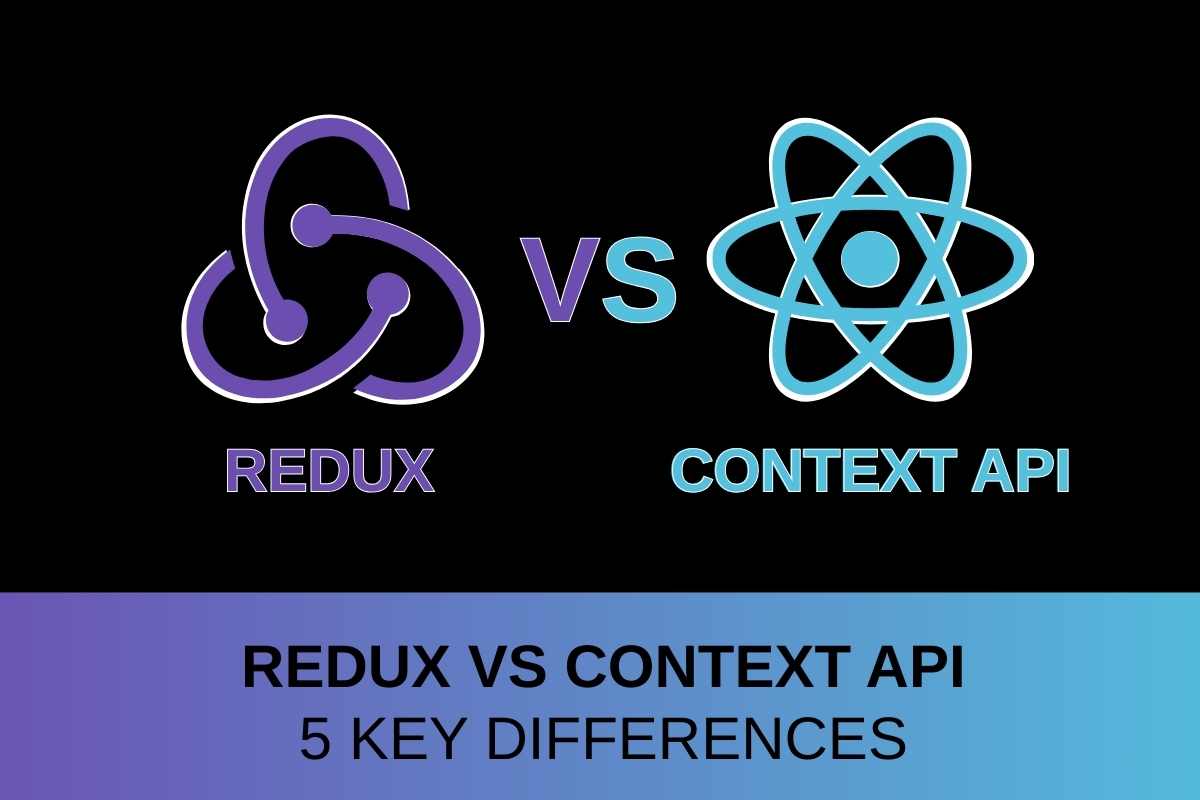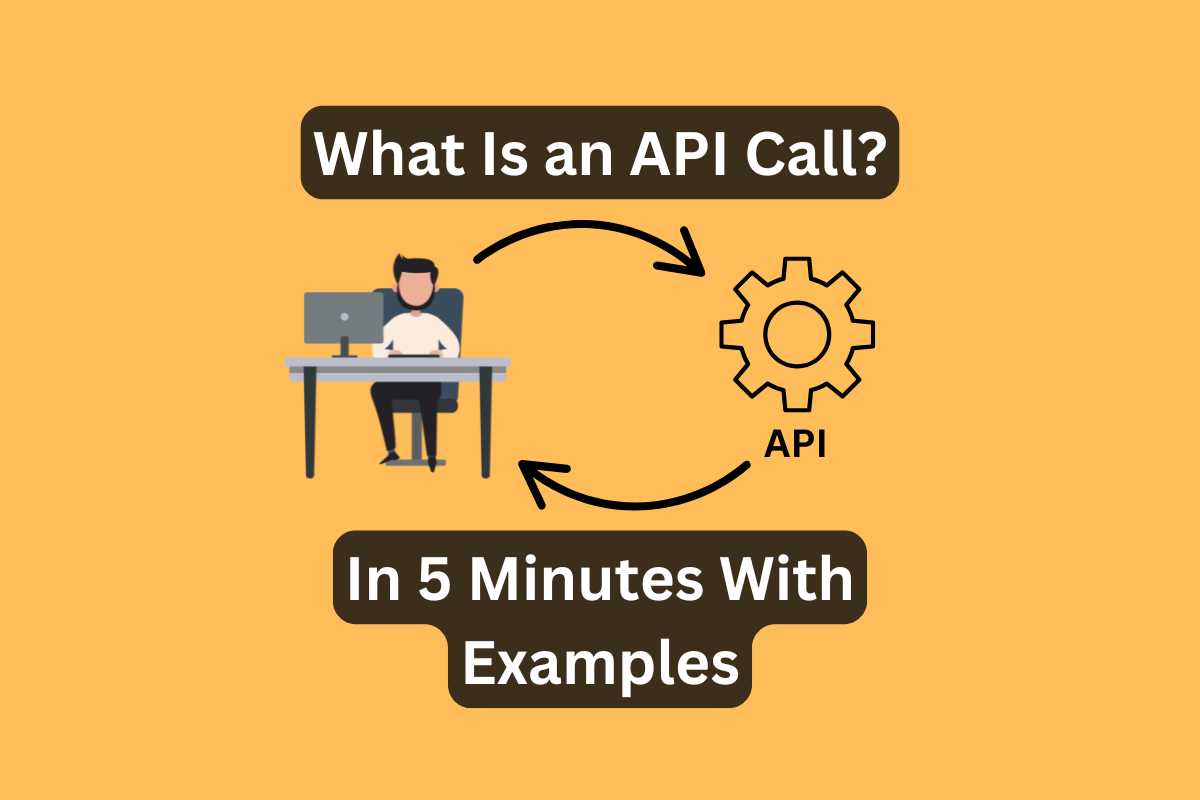Is software engineering hard? The short answer is “yes,” but it comes with lucrative pay, reasonable work hours, a work-life balance, and both flexibility and autonomy in many roles!!
A career in software change is a tough decision — especially if you’re coming from the humanity field.
Did your previous experiences with coding go badly, and the concepts did not stick? This is typical for beginners without a background in IT!
Software engineering is more than just writing code — you also need logical reasoning and problem-solving.
Transitioning requires continuous learning and adaptation — IT is ever-evolving, with new technologies emerging regularly!! You must keep your skills up-to-date and specialize in certain areas.
While a formal education (CS degree) provides a solid foundation, it’s not necessary. Many software engineers are self-taught (just like me) — we’ve started with coding classes, boot camps, and private tutors!
Let’s dive deeper into pursuing software engineering in 2024!!!
Is Software Engineering Hard?
Software engineering is not physically or emotionally demanding like lumberjacks, firefighters, or doctors — but it presents unique challenges!!
Once you get the base, much of the work (like CRUDs for full-stack devs) is straightforward. The rest includes discussing new features (tons of meetings), bug fixes, and adding new — often exciting or frustrating — features.
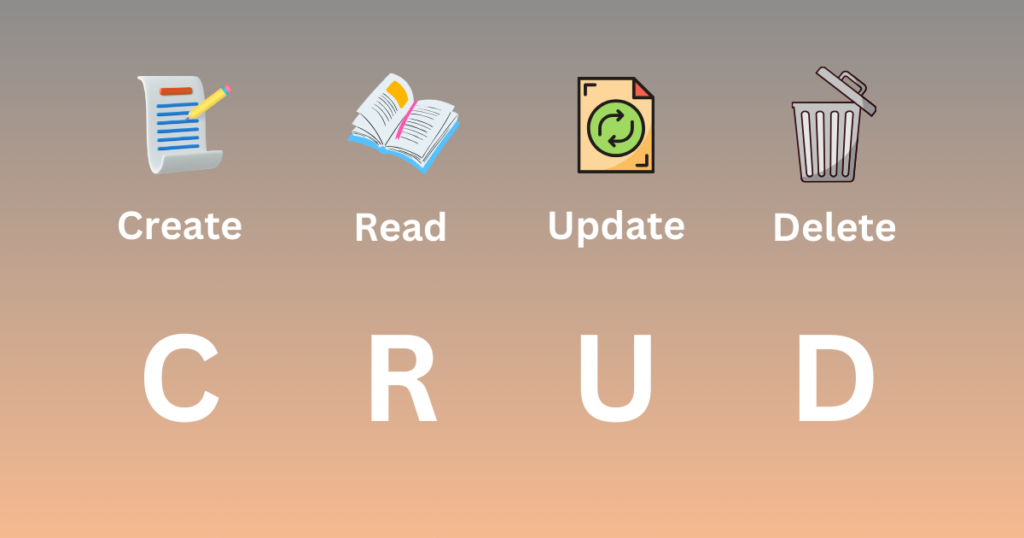
Software engineering is comfortable compared to many professions!
Some think IT salaries are too high for straightforward work — simply sitting at a desk (at your home desk, lol!) and fixing bugs. Well, I think another way…
…The field is evolving!! Once simple tasks — manual deployment, for example — are way more complex with modern AWS/Azure/Jenkins/Cucumber CI/CD pipelines!
Entering the field is daunting—no doubt! Veterans know how to absorb new technologies, so they have the advantage.
You need a deep field understanding, problem-solving skills, and fluency in English (kinda a problem in my case as it’s not my first, lol !!).
Software engineering is mentally exhausting and intense cognitive activities lead to mental fatigue (much like physical exertion)…
…After hours of coding, debugging, and constant concentration, even the sharpest minds need a long rest. After a few intense hours of coding, I sometimes sleep for an entire day — I need that!
The difficulty varies, of course — some are under constant pressure, while others focus on routine maintenance.

Construction Analogy – Types Of Software Engineering
I love comparing software engineering to constructing buildings with different levels of complexity and skill — from basic carpentry to custom furniture-making and skyscraper architecture.
Almost anyone can learn to drive a nail into a board (I also had to pick this skill, but that is an entirely different story). Similarly, simple programming tasks and basic coding skills are accessible to many.
Moving beyond the basics, the next level of expertise (in both construction and software engineering) involves greater attention to detail.
Centering a picture to hang straight requires not just a nail to hummer but also an eye for alignment (and aesthetics!). Besides algorithms and data structures, the intermediate level is about writing efficient code that integrates seamlessly with existing systems. And don’t forget to follow best practices!
A skilled carpenter builds custom furniture or cabinets, while advanced software engineers build complex, highly optimized systems. These engineers operate at the software system design and architecture levels, developing not only efficient but also scalable and secured apps.
Framers (the ones I worked as) build the structure and make sure it supports everything upon it. Similarly, in IT, some build high-traffic web applications (“Google scale”) or develop embedded medical systems.
Much like building, software engineering ranges from basic to highly custom tasks. Each level requires a different set of skills and offers different challenges.
In construction, different roles—from carpenters to architects—contribute to a building completion. In IT, a team with wide expertise builds and manages multiple layers of software applications.
How Hard Software Engineer Job From 1 To 10?
Rating isn’t straightforward — it can fluctuate dramatically based on context. For some, it may feel like a constant 4, manageable and routine. For others facing challenges, it spikes to a 9 (or even higher!).
Physical vs. Mental Effort
Most software engineers work in comfortable offices with minimal strain. You primarily sit at a desk and work on a laptop — quite low physical difficulty…
…Compared to manual labor jobs, software engineering is physically accessible. However, it requires a lot of mental effort!!
Mental and Emotional Challenges
Routine Tasks. I rate most routine tasks, such as debugging, minor edits, and simple coding, a 4 out of 10 on the difficulty scale.
Complex Problem-Solving. At times, you’ll face complex problems that some attempts will fail to resolve. Some of us even feel significant pressure due to the high stakes of the project — so, I give it 8 or 9 out of 10.
Project Failure Rates. “Failure” means the software doesn’t fulfill its purpose and the rate is high due to challenges in the field.
The constant pressure to deliver releases, meet deadlines, and satisfy customers add to the difficulty and put the field as high as 9 out of 10!
Individual Variability. Some of us (obviously more experienced and talented) resolve complex tasks more efficiently, whereas others find them overwhelmingly challenging.

Is there Anything Harder Than Software Development?
While software development is undoubtedly challenging, mechanical engineering or medicine fields are much harder and require years of study and practice!!
As a software engineer, your work has no life-or-death consequences. Mistakes result in financial losses, but they rarely pose serious risks.
Web and mobile apps have fast and flexible feedback loops — we write code, see immediate results, test, and deploy changes in real-time!
Users see these changes on the same day the developers ship the update, and you can also see changes on your local machine!
This allows rapid deployment and reduces the time between ideation and MVP delivery.
In contrast, engineering in aerospace or automotive (and any other hardware disciplines) faces much longer and more complex feedback loops.
Mechanical engineers must run simulations, fabricate components, and conduct test flights or drives. Each iteration takes a significant amount of time — from months to years — to complete (largely due to the safety and performance standards!).
Auto and flight engineers must ensure that their modifications perform under various conditions. Tons of tests and simulations validate the functionality of both hardware and software components, and this is time-consuming and costly!
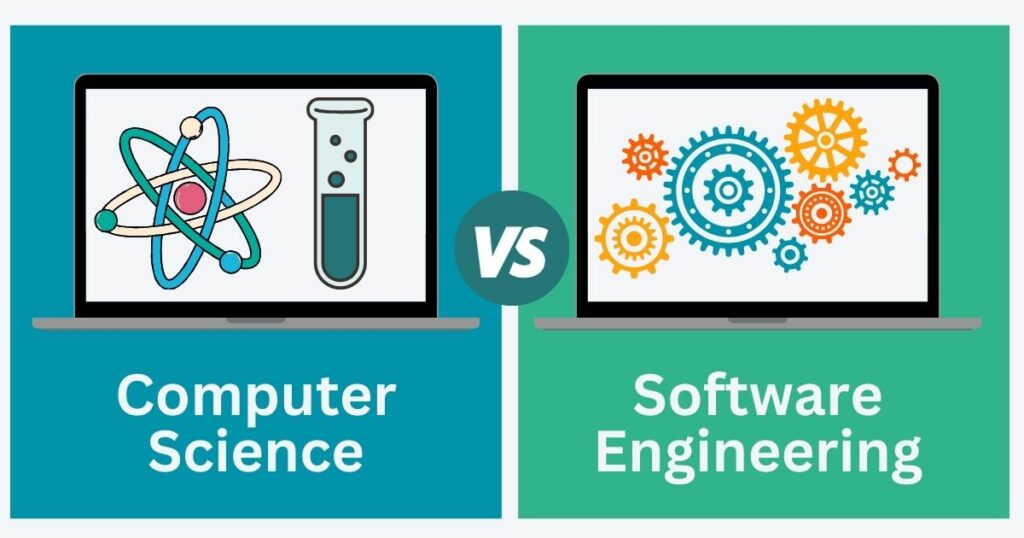
Computer Science vs Software Engineering
Computer science (CS) and Software Engineering (SWE) differ in focus, scope, and application! CS provides the theory, while SWE applies it to develop software solutions.
Computer Science focuses on the principles underpinning computation, algorithms, and data structures.
- Algorithm Complexity. Studying how to solve problems on computers.
- Computability Theory. Exploring what scientists can and cannot compute in principle.
- Data Structures. Organize data in efficient ways.
Computer scientists develop new theoretical methods and explore the limits of what they can achieve through computation.
A pioneer in the CS field — Edsger Dijkstra — noted: “Computer science is no more about computers than astronomy is about telescopes.”
In contrast, Software Engineering applies computer science principles to solve practical problems. It focuses on the design, implementation, and maintenance of systems!
- Software Development Life Cycle (SDLC). The software development framework.
- Software Architecture. The high-level structuring.
- Testing and Quality Assurance. Ensuring that software works without errors.
SWE is a broader specialization within Computer Science – it directly involves computers and software to address real-world problems.
This is how optics relates to astronomy where the tools (like telescopes or software) explore the theoretical foundations (like astronomical theories and algorithms).
The relationship is one of theory versus application. CS provides the theory, while SWE applies it to develop practical and functional solutions.
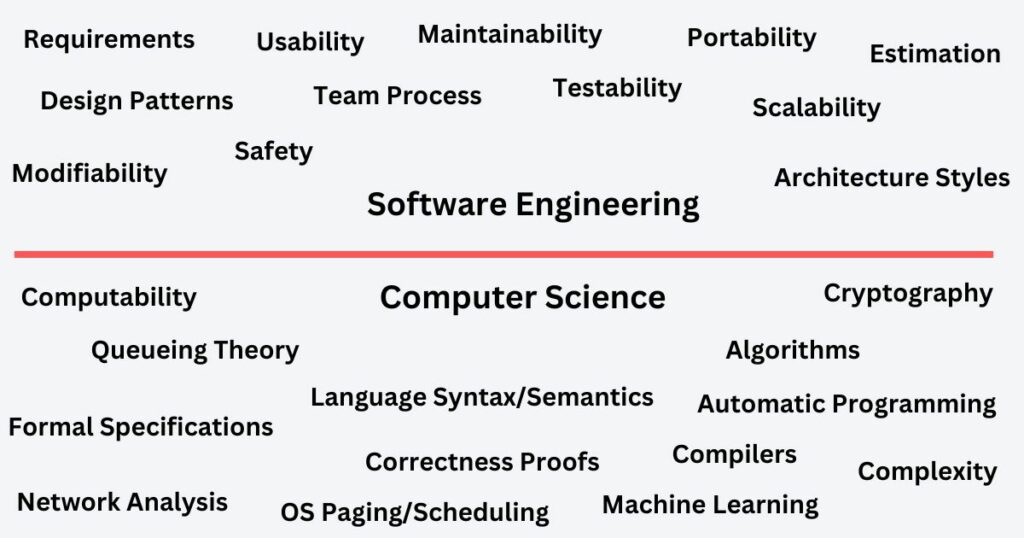
Does A Software Developer Need Math And Physics?
This is an interesting one!
While some regions of computer systems do not need math knowledge, computer science itself comes from mathematics.
Algorithm efficiency concepts (for example, an O(n log n) sorting algorithm is faster than an O(n^2) sorting algorithm) directly apply mathematical theories.
These are the popular domains where mathematics applies:
- Game Development. Physics simulation (such as gravity).
- Algorithm Design. Data structures (as graphs), areas like topology, or algorithms that calculate distances between two points on a map.
- Machine Learning. Data science heavily relies on statistics, probability, and algebra.
Overall, while not every software developer needs to use math, I recommend a foundation in mathematics.
Common Challenges In Software Engineering
Effective software is intellectually demanding. These are the common challenges software engineers face in their work:
Never-ending learning
Software engineering presents a continuous learning curve for developers at all levels.
Those just starting out, like in the web front end, focus on JavaScript, HTML, and CSS.
Then, transitioning from front-end to back-end adds a new learning curve! While both share JavaScript — diving into Node.js, Express/Electron, and Mongo/MySQL requires a new knowledge base…
…not speaking about DevOps disciplines like CI/CD, IaC, containerization, monitoring, and analytics!
Software engineering demands depth and breadth of skills and the T-shaped skill model exemplifies it!
You need a broad understanding across various domains while honing expertise in specific areas over time.
Misaligned Motivations
Entering software engineering purely for money without an interest in coding leads to burnout and dissatisfaction.
Passion for the work is often what sustains software engineers through the complexities and demands of the job. IT requires problem-solving and continuous learning — mind-numbing and soul-crushing tasks if you are not genuinely interested in them.
Outdated Systems
Some systems operate within narrow constraints, and a company expects delivery without any modern tools and resources. I often recommend thinking twice before entering such teams, as these environments do not align with the evolving nature of SWE.
Technical Skills For A Successful Software Engineer
The successful software engineer journey starts with knowledge.
Fluency in at least one programming language is the heart of software engineering. This foundational skill forms the basis for further learning.
Understand data structures for solving common problems — manipulate lists, trees, graphs, and other basic structures to store and retrieve data.
Domain-specific knowledge, such as understanding the TCP/IP stack or database management, is important, but you can pick it up on the job.
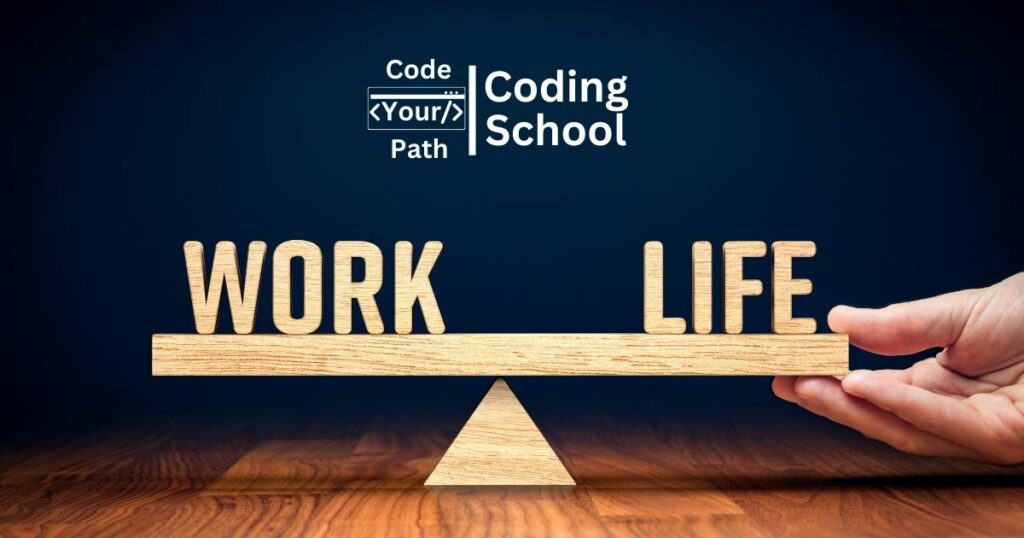
Work-Life Balance And Coding
The work-life balance promises a harmonious balance between professional and personal life. In many cases, the reality is quite different…
A good work-life balance is challenging due to the constant learning and upskilling. While some manage to balance these aspects well, it’s not the norm (and it never was the case for me, either, lol!!).
Ongoing learning consumes a significant portion of your personal time…
…Growing from junior to senior involves more than just routine tasks — it requires innovation, leadership, and a deep understanding of programming languages (at least two)!!
To remain relevant and progress, developers often engage beyond regular work hours.
Good news — some employers invest in the continuous professional development of devs! However, most expect us to learn on our own time, especially if it does not contribute to immediate project goals.
While the field offers rewards in terms of income and growth, it also demands an investment of time and energy.
Other Benefits Of Getting A Software Engineering Job
A software engineering career is both challenging and rewarding — much like many other career paths.
While getting rich shouldn’t be the primary motivation, big earnings are possible.
You’ll meet different personalities — some are hard to work with — and learn conflict resolution.
For some, the work becomes tedious and leads to turnover and frequent job changes.
Screen companies for healthy cultures and move on when you encounter unethical or toxic behavior.
Remember, a career is not a life sentence! When you stop enjoying it — explore other interests or career paths. A work-life balance leads to a more fulfilling and sustainable career.
What It Takes to Become a Software Engineer?
Quick sum up — software engineering is not an easy field to break into.
The compensation reflects the complexity — if software engineering were easy, wages would be much lower.
However, those who are truly passionate about technology can overcome it through study and practice.
Learn Software Programming Through Road Maps
Roadmaps (like this roadmap.sh) provide a guide for coding learners.
I love these roadmaps — they lay out a clear pathway of skills and knowledge necessary in different domains.
The core requirement — choose one of the major programming languages — Java, C#, Python, or JavaScript.
Learn design patterns to speed up the development and ease collaboration with other devs.
Master of at least one web framework — Spring Boot, ASP.NET Core, or Node.js. Understand build tools such as Maven, MSBuild, or NPM.
For the front-end, we need HTML, CSS, JavaScript…
…and frameworks like React/Vue/Angular to handle the visual part.
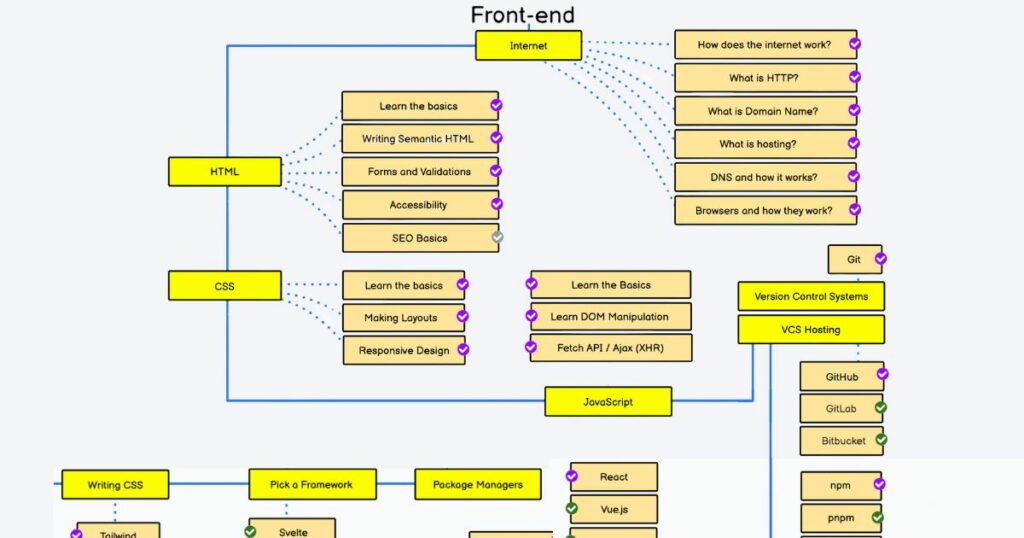
Apply continuous integration (CI) and continuous deployment (CD) tools like CircleCI, Jenkins, or Atlassian Bamboo. Grasp basic networking knowledge, including TCP/IP.
Learn SQL Server, MongoDB, and PostgreSQL. Sooner or later, you’ll optimize SQL scripts, design database schemas, and create ERDs (Entity Relationship Diagrams).
Complete any of the AWS, Azure, or GCP cloud engineer courses —many applications are now live in the cloud.
Approach challenges with a positive mindset and view them as opportunities rather than barriers!!
The roadmaps do not intimidate but prepare you for a successful career.
I recommend choosing one area to specialize in. Learning is challenging and time-consuming, but it is essential to pursue a career.
Soft Skills Also Hard To Learn
Soft skills (often overlooked) are crucial — effective communication, team collaboration, and conflict management are vital!!
Engineers frequently discuss problems with peers and stakeholders —convey ideas clearly and listen to others without taking offense!
As Steve McConnell highlights in Code Complete, managing complexity is a primary challenge in software development.
We have to balance feature delivery, schedules, and code quality, as well as understand requirements and implement features.
Software development often requires multiple teams and components. Each team handles individuals or groups of components and management coordinates integration.
Soft skills will help positively contribute to team dynamics and navigate project management challenges.
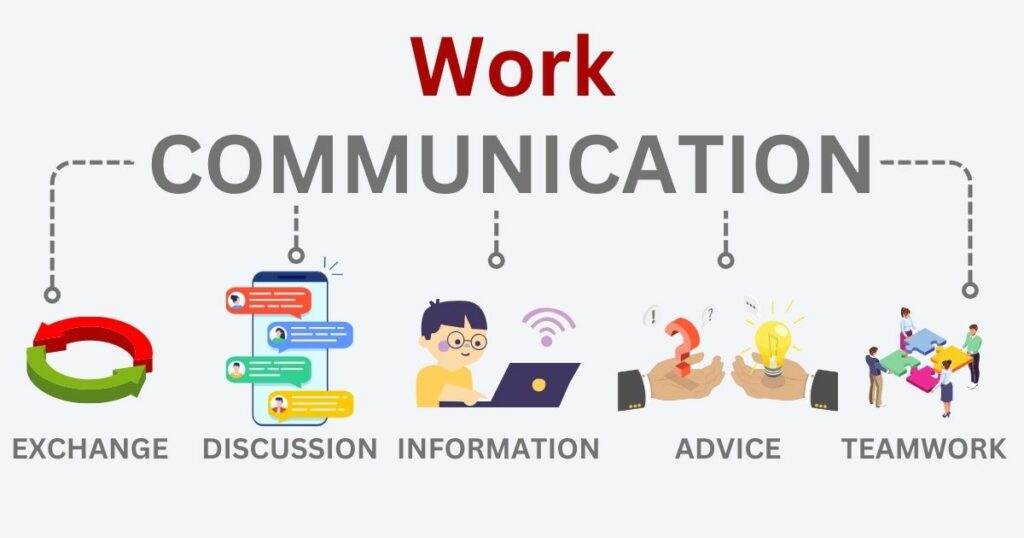
Communication A Key To Great Software
Software engineers must often defend their ideas and negotiate compromises! Clear communication enhances project outcomes, team dynamics, and stakeholder relationships.
For seniors, communication skills extend to leading teams, mentoring colleagues, and even handling internal political challenges. These skills foster a supportive environment and guide the team toward collective goals.
One of the most challenging aspects of software development is dealing with various stakeholders, each with their own expectations and understanding of the project.
Regular meetings with all project stakeholders ensure that everyone is on the same page.
Develop Soft Skills! Investing time in both written and oral communication (from drafting emails to delivering presentations) dramatically improves how engineers interact with others and present new ideas.
Feedback! Open feedback within teams improves communication — seek and act on feedback for continuous improvement!
What If A Job As A Software Developer Is Not For You?
Start with free resources if you’re unsure about a software developer career. Remember that learning is never-ending (in IT) — make NO RUSH!!
If the technical aspects don’t appeal — there are many other IT roles, such as QA, business analysis, project management, product ownership, UI/UX design, technical writing, recruiting, accounting, sales, and more!!
Debunking Myth
Not all devs need an in-depth understanding of hardware and lower-level concepts (like logic gates or kernel development). Many programmers focus on high-level programming and have no clue about the underlying hardware.
Be honest with yourself! You will enjoy software development if you find logic puzzles and thinking logically engaging.
But if you struggle with technical courses (and find them uninteresting) — this is a sign that software engineering doesn’t fit you. Aspiring software engineers are naturally curious and enjoy understanding how things work.
How To Learn Software Development
These are different educational paths and strategies:
Software Engineering Bootcamp. Bootcamps come with rigorous schedules and hands-on projects (most are effective and demanding!).
They have an intensive structure and design to boost your learning. I recommend them if you need a robust framework to keep you motivated.
Degree in Software Engineering. A degree in computer science or a related field (like Cybersecurity, Data Science, ML, or even Game Development) is a great education and requires a significant time investment.
This option is best when you have several years to dive deep into both the theory and practice of software development.
Self-Learning. Self-learning appeals to many because of its flexibility. Online tutorials, free courses, YouTube videos, Reddit, and StackOverflow provide enough knowledge. This method requires self-discipline, motivation, and a study schedule and milestones.
Practical Tips for Effective Learning
Deliberate. Focus on each concept through repetition and practice. For example, set up a virtual environment, configure it, and repeat until you are comfortable. This builds an understanding and muscle memory.
Project-Based. Apply what you learn by building projects. Create simple apps or contribute to open-source projects.
Diverse Resources. Don’t rely on a single source for learning. Explore different materials — books, articles, online courses, and video tutorials.
Community. Join coding communities online or in person and get support, motivation, and insight from other developers! Start building your network for future career opportunities. Don’t hesitate to seek help when you encounter obstacles. Use forums, ask mentors, or discuss with peers to find solutions.
Staying Motivated. Set clear, achievable goals and keep track of your progress. Celebrate small victories to maintain motivation!
How To Get A First Job
Research entry-level positions in your region. Look for jobs (on Linkedin, Dice, Indeed, or Glassdoor) with terms like “junior” or “trainee,” as these are often suitable for beginners.
A degree (even not in a software-related field) will help when you apply for coding roles. Software-related degrees are always not a hard requirement for most roles.
If you are new to the field — join internships, build personal projects, or contribute to open-source projects. You will later put it on your resume!!
A good-looking portfolio has to showcase your projects and solve real-world problems! Make sure your portfolio is accessible, preferably online, and clearly communicates your skills and contributions.
Technical interviews are a bottleneck for many job market applicants. Practice coding problems, common algorithms, and data structures. Brush up on the core concepts of the programming languages you know best!
Landing a job at a top-tier MAANG company (Meta, Amazon, Apple, Netflix, Google) is highly competitive (more than 800 candidates per role!!). Plus, there are plenty of other companies that are less competitive but equally rewarding.
Come to industry meetups, conferences, and workshops to connect with potential employers and learn more about the field!
Conclusion: IT Is Hard Even For Great Software Engineers
Becoming a proficient software engineer is complex and demanding. It requires more than just knowledge — you need communication skills, an eagerness to learn, and an ability to adapt to new technologies.
Build a solid foundation, stay curious, and be ready to tackle new challenges!!


